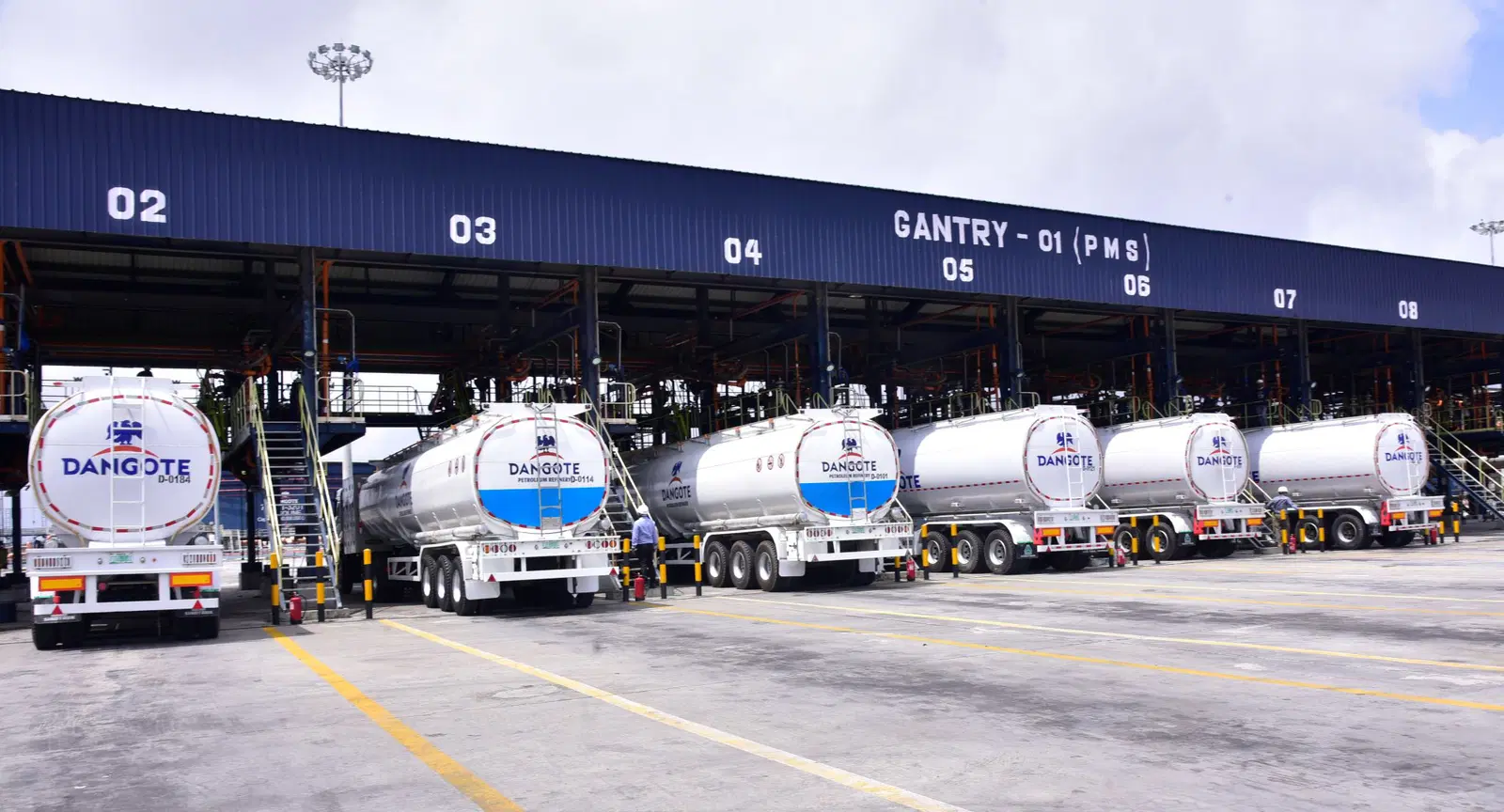A member of the Central Bank of Nigeria’s Monetary Policy Committee, Murtala Sagagi, has pointed out that excessive government spending is a major obstacle to effective monetary policy in Nigeria.
He emphasized that the failure to control fiscal expenditure undermines monetary policy efforts, making it challenging to achieve stability in inflation and exchange rates.
Sagagi in his statement following the 298th MPC meeting, noted that Nigeria’s economic challenges are largely driven by structural rigidities, weak institutions, and the ongoing reliance on cash by both the government and the public.
He stressed that, despite the government’s significant reforms, longstanding issues continue to limit economic growth.
“The excess spending by the government is one of the biggest monetary policy challenges in the country,” he said.
He cautioned that unless these challenges were tackled, Nigeria’s goal of becoming a one-trillion-dollar economy would remain out of reach.
Sagagi further stated that although the CBN had consistently implemented policies to stabilize prices and the foreign exchange market, the effectiveness of these measures was being undermined by fiscal indiscipline.
He stressed that without better coordination between fiscal and monetary authorities, efforts to control inflation and stabilize the naira would remain ineffective.
“The efficacy of the policies largely depends on effective fiscal-monetary policy coordination,” Sagagi stated.
Another MPC member, Philip Ikeazor, expressed similar concerns regarding the country’s fiscal challenges.
Ikeazor, who also serves as the Deputy Governor for Financial System Stability at the CBN, noted that despite the CBN’s monetary tightening measures, inflation remained elevated due to the actions of subnational governments.
He stated that fiscal injections by state governments had played a significant role in sustaining inflation and cautioned that, if not controlled, these actions could intensify inflationary pressures.
“In the last MPC, I provided forward guidance on the intention to support a hike in rates if the fiscal actions of the subnational governments continue to weaken the effective transmission of monetary policy.
“The support for a hike at this time was also meant to counteract the consequences of the frequent fiscal injections by the subnational governments, which research has shown to be a major source of inflation persistence in the economy.”
He emphasized that Nigeria’s inflationary pressures are driven by prolonged fiscal imbalances, high government spending, and external shocks.
Ikeazor emphasized that without decisive actions to control excess liquidity and enforce fiscal discipline, the economy could experience further instability.
The CBN has announced that its next MPC meeting will take place on Monday, February 17, and Tuesday, February 18, 2025.










